When it comes to flooring, ceramic and porcelain tiles are two of the most popular options for homeowners. Both ceramic and porcelain tiles offer a wide range of benefits, including durability, design versatility, and ease of maintenance. However, there are some key differences that set them apart. In this comprehensive guide, we will explore the differences between ceramic and porcelain tiles to help you make an informed decision for your next flooring project.Ceramic tiles have been a staple in homes for centuries due to their durability and aesthetic appeal. These tiles are made from a mixture of clay, water, and minerals, which are then molded into shape before being fired in a kiln. This firing process hardens the clay and creates a sturdy tile that is resistant to stains, scratches, and wear.
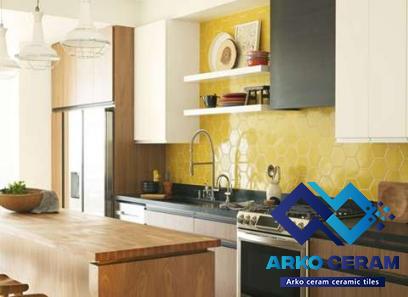
.
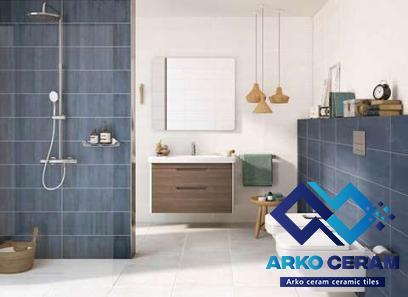 1. Durability: Ceramic tiles are renowned for their durability, making them ideal for high-traffic areas such as kitchens, hallways, and bathrooms. They can withstand heavy foot traffic without showing signs of wear. 2. Design Options: Ceramic tiles come in a wide array of colors, patterns, and textures, allowing homeowners to choose the perfect tile to complement their interior design scheme. From classic to contemporary, there is a ceramic tile to suit every taste. 3. Affordability: Compared to porcelain tiles, ceramic tiles tend to be more budget-friendly. This makes them an attractive option for those looking to achieve a high-end look without breaking the bank.
1. Durability: Ceramic tiles are renowned for their durability, making them ideal for high-traffic areas such as kitchens, hallways, and bathrooms. They can withstand heavy foot traffic without showing signs of wear. 2. Design Options: Ceramic tiles come in a wide array of colors, patterns, and textures, allowing homeowners to choose the perfect tile to complement their interior design scheme. From classic to contemporary, there is a ceramic tile to suit every taste. 3. Affordability: Compared to porcelain tiles, ceramic tiles tend to be more budget-friendly. This makes them an attractive option for those looking to achieve a high-end look without breaking the bank.
..
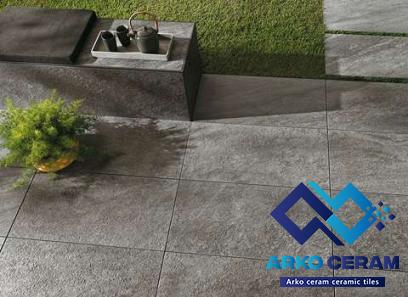 1. Porosity: One important factor to consider when choosing ceramic tiles is their porosity. Ceramic tiles have a higher porosity compared to porcelain, which means they tend to absorb more water. As a result, they may not be suitable for areas prone to excessive moisture or humidity, such as bathrooms or outdoor spaces. However, glazed ceramic tiles are less porous and offer better water resistance. 2. Longevity: While ceramic tiles are durable, they may not be as long-lasting as porcelain tiles. Over time, ceramic tiles may show signs of wear, such as scratches or color fading. However, with proper care and maintenance, ceramic tiles can still stand the test of time.Porcelain tiles are renowned for their strength and durability. They are made from a special type of clay known as kaolin, which is fired at a higher temperature compared to ceramic tiles. This results in a denser and less porous tile that is suitable for a wide range of applications, both indoors and outdoors.
1. Porosity: One important factor to consider when choosing ceramic tiles is their porosity. Ceramic tiles have a higher porosity compared to porcelain, which means they tend to absorb more water. As a result, they may not be suitable for areas prone to excessive moisture or humidity, such as bathrooms or outdoor spaces. However, glazed ceramic tiles are less porous and offer better water resistance. 2. Longevity: While ceramic tiles are durable, they may not be as long-lasting as porcelain tiles. Over time, ceramic tiles may show signs of wear, such as scratches or color fading. However, with proper care and maintenance, ceramic tiles can still stand the test of time.Porcelain tiles are renowned for their strength and durability. They are made from a special type of clay known as kaolin, which is fired at a higher temperature compared to ceramic tiles. This results in a denser and less porous tile that is suitable for a wide range of applications, both indoors and outdoors.
…
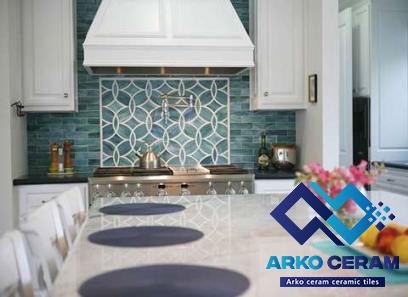 1. Durability: Porcelain tiles are incredibly durable, making them a popular choice for high-traffic areas. They are resistant to scratches, stains, and fading, making them ideal for households with children or pets. 2. Water Resistance: One of the main advantages of porcelain tiles over ceramic tiles is their superior water resistance. Thanks to their low porosity, porcelain tiles are highly resistant to moisture, making them ideal for bathrooms, kitchens, and other areas prone to spills or humidity. 3. Versatility: Porcelain tiles offer an extensive range of design options. They can mimic the appearance of natural stone, wood, or even concrete, allowing homeowners to achieve the desired aesthetic without the maintenance requirements of the real materials.
1. Durability: Porcelain tiles are incredibly durable, making them a popular choice for high-traffic areas. They are resistant to scratches, stains, and fading, making them ideal for households with children or pets. 2. Water Resistance: One of the main advantages of porcelain tiles over ceramic tiles is their superior water resistance. Thanks to their low porosity, porcelain tiles are highly resistant to moisture, making them ideal for bathrooms, kitchens, and other areas prone to spills or humidity. 3. Versatility: Porcelain tiles offer an extensive range of design options. They can mimic the appearance of natural stone, wood, or even concrete, allowing homeowners to achieve the desired aesthetic without the maintenance requirements of the real materials.
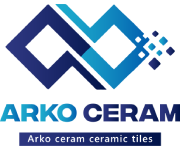
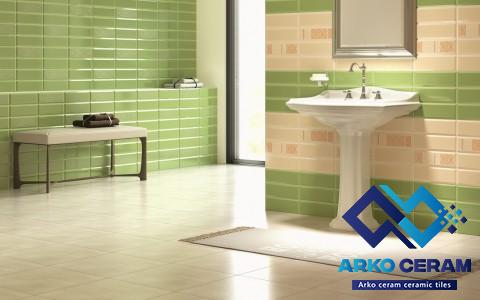
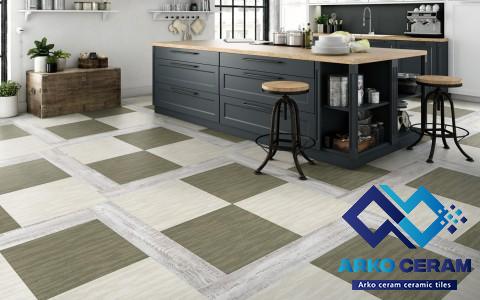
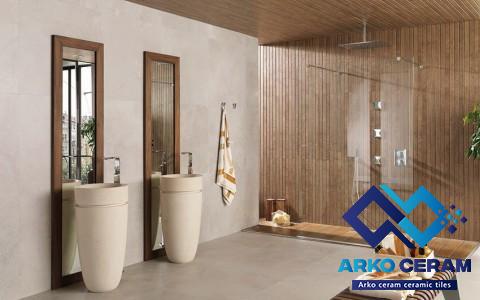
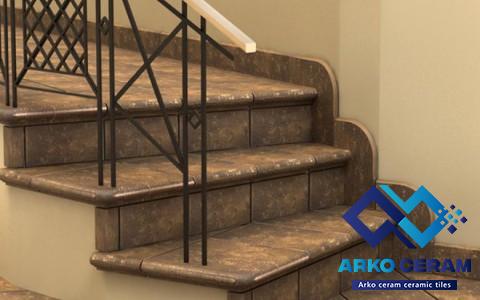
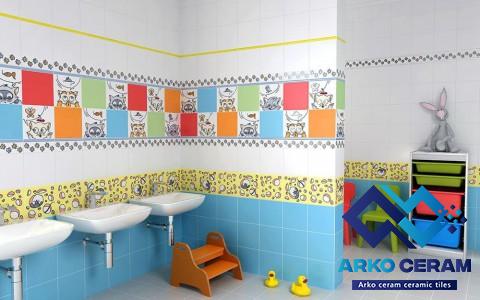
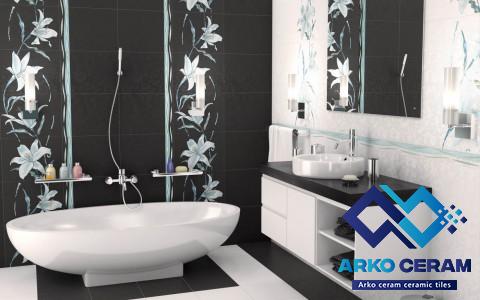

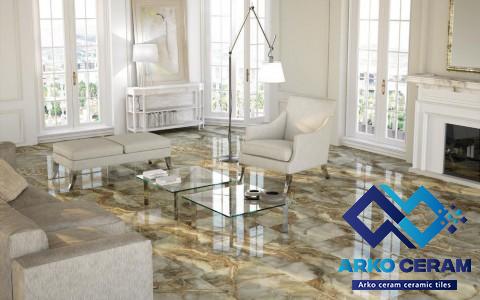
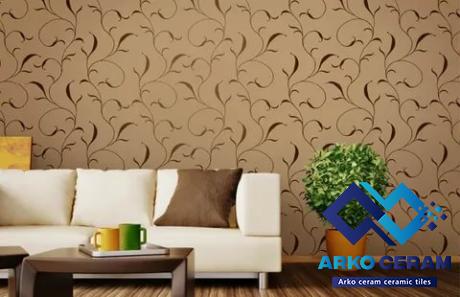
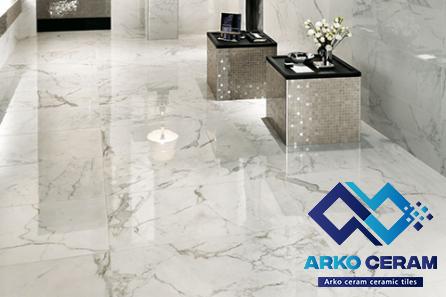
Your comment submitted.